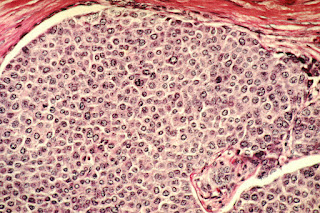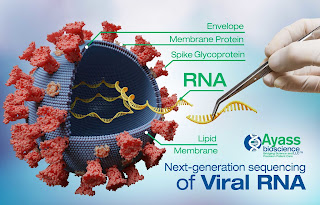SARS-CoV-2 mutations do not appear to increase transmissibility.

SARS-CoV-2 mutations do not appear to increase transmissibility. According to a study led by UCL researchers, none of the mutations currently documented in the SARS-CoV-2 virus appear to increase its transmissibility in humans. The analysis of virus genomes from over 46,000 people with COVID-19 from 99 countries is published today in Nature Communications. First and corresponding author Dr. Lucy van Dorp (UCL Genetics Institute), said: "The number of SARS-CoV-2 genomes being generated for scientific research is staggering. Early on in the pandemic, we realized that we needed new approaches to analyze enormous amounts of data close to real-time to flag new mutations in the virus that could affect its transmission or symptom severity. "Fortunately, we found that none of these mutations are making COVID-19 spread more rapidly, but we need to remain vigilant and continue monitoring new mutations, particularly as vaccines get rolled out." Coronaviruses like SARS-CoV-2 are ...







